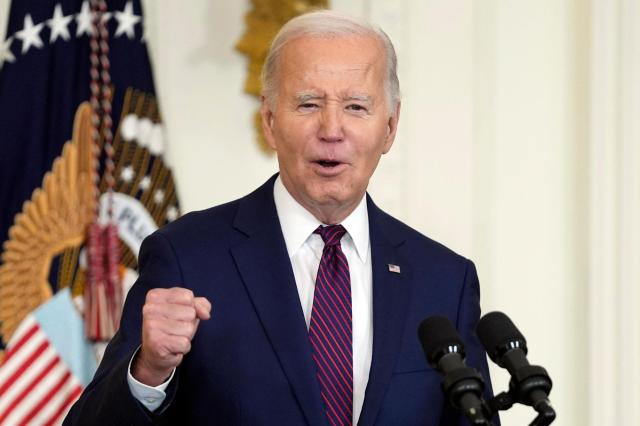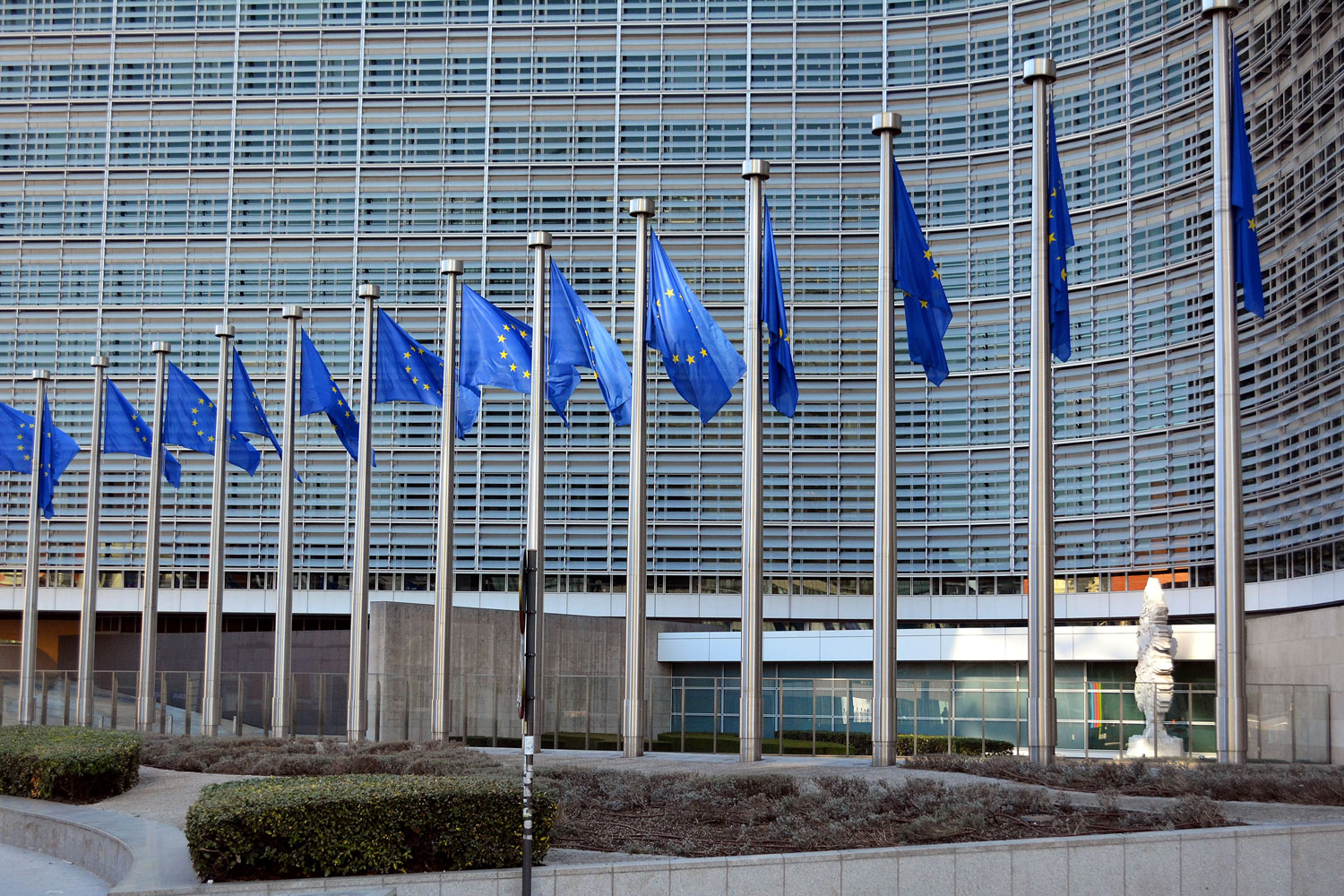The investigation initiated by the New Hampshire attorney general’s office focuses on a suspected robocall that utilized artificial intelligence to mimic President Joe Biden’s voice. The aim of the call was to dissuade voters from participating in the state’s primary election. Attorney General John Formella characterized the call as an illegal attempt to disrupt and suppress voting, urging voters to ignore its contents.
The recorded message, featuring a voice resembling Biden’s and including his well-known catchphrase “What a bunch of malarkey,” advises recipients to refrain from voting until the November election. It falsely asserts that casting a vote in the upcoming primary would favor Republicans and contribute to Donald Trump’s re-election. It is important to note that participation in the primary does not hinder voters from participating in the general election in November. Despite Biden’s lack of active campaigning in New Hampshire and his exclusion from the primary ballot due to a focus on South Carolina, supporters are actively engaged in a write-in campaign on his behalf within the state.
The origin of the calls, which displayed the personal cellphone number of Kathy Sullivan, a former state Democratic Party chair affiliated with Granite for America, remains unknown. Sullivan promptly reported the incident to law enforcement and the attorney general following reports from numerous voters who received the call. The incident has been characterized as election interference and an effort to intimidate individuals supporting Biden’s write-in candidacy.
Although the exact number of call recipients is uncertain, at least twelve individuals have reported receiving the call. Julie Chavez Rodriguez, Biden’s campaign manager, strongly condemned the dissemination of misinformation and pledged to take necessary actions to counter such attempts to undermine the democratic process.
The utilization of generative AI technology for voter suppression is viewed as a troubling trend that is expected to amplify disinformation campaigns globally in the lead-up to the 2024 elections. Experts caution against the misuse of AI deepfakes, highlighting instances from past elections worldwide where such technology has been exploited to propagate false information.
In response to the incident, Rep. Dean Phillips of Minnesota, a Democratic primary challenger to Biden, and the Trump campaign both disavowed any association with the deepfake incident. They condemned efforts to deter voters as an affront to democracy.
The Associated Press receives funding from various private foundations to enhance its coverage of elections and democracy. For additional details on AP’s democracy initiative, please refer to their website.










